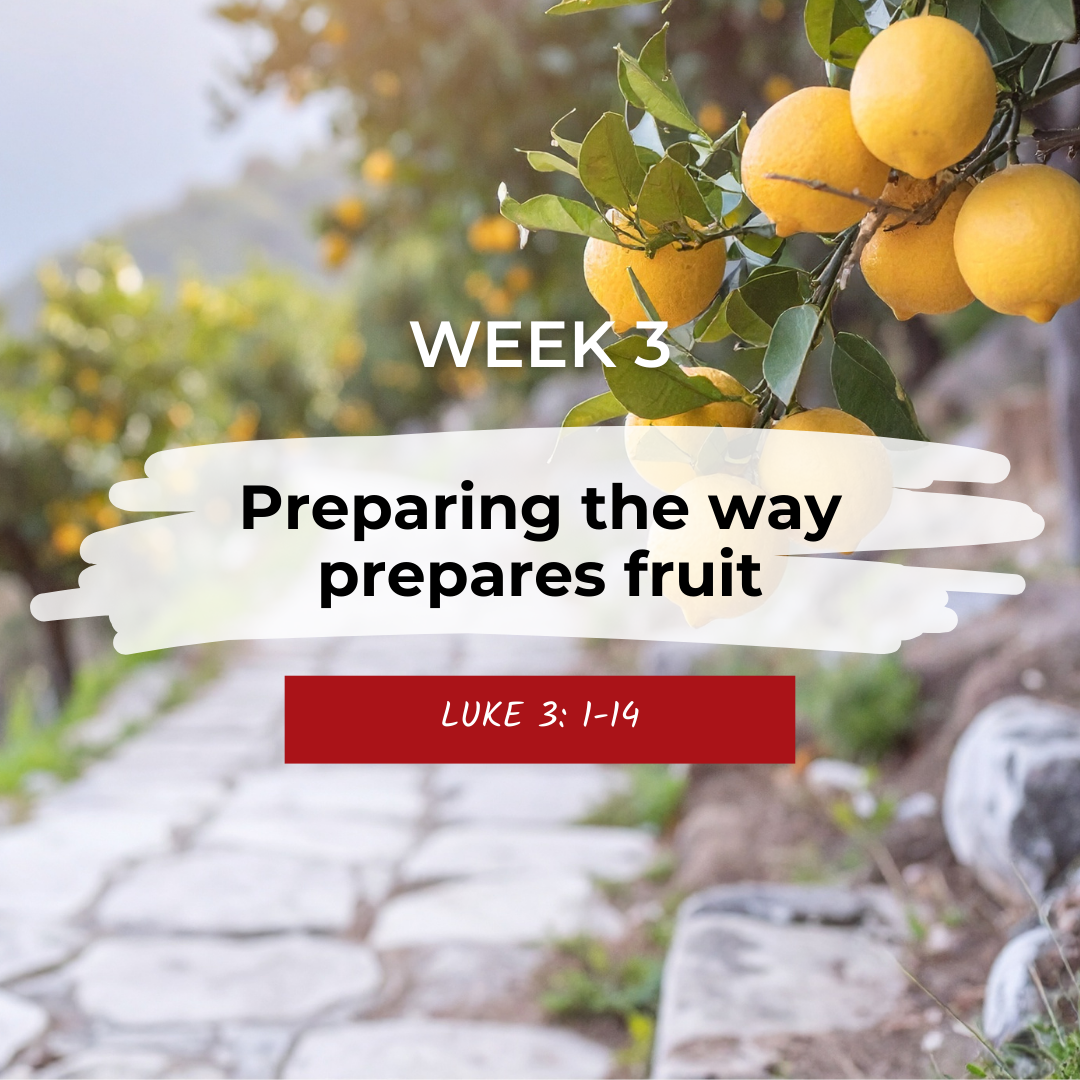CBM Australia Media Release: 29/05/20
Stories | June 1, 2020
29/05/2020
CBM Australia welcomes Australia’s international COVID-19 response, though warns that ambition without investment will leave people with disabilities further behind.
The Australian Government today released its Partnerships for Recovery COVID-19 development strategy, and made tangible commitments to prioritising the inclusion of people with disabilities and women and girls. CBM Australia – Australia’s largest international development organisation committed to ending the cycle of poverty and disability – welcomes the announcement. The strategy affirms CBM’s call on the Australian Government to include people with disabilities in all global pandemic response and recovery measures to ensure those most vulnerable are not left further behind.
In low- and middle-income countries, 1 in every 5 people has a disability. Even before the COVID-19 pandemic, households with disabilities spent a third more on healthcare than other households. During the COVID-19 crisis and subsequent strain on existing systems, people with disabilities living in poverty are among the most vulnerable to widened health and economic inequalities that risk deepening already disproportionate poverty.
People with disabilities are at immediate increased risk of acquiring infection due to barriers to accessing health information, difficulty maintaining social distance for those who require support for everyday activities or who live in institutions, and the high cost of hygiene products for those experiencing extreme poverty.
More broadly, people with disabilities experience disproportionate barriers to secure livelihoods and are more vulnerable to economic shocks. Users of assistive devices or medical services are at risk of having their needs deprioritised due to health system strain. And women with disabilities around the world are beginning to report heightened vulnerability to violence and difficulty meeting basic needs.[1]
In response to the COVID-19 crisis, many countries in the Indo-Pacific region are expanding initiatives to offer more support to vulnerable people. Australia is well placed to influence the region’s COVID-19 response both in the immediate-term, and as we pave the way for a more inclusive future.
Jane Edge, CEO of CBM Australia, said, “We have a real opportunity to engage people with disabilities and place them at the centre of our response and rebuilding efforts. Through listening to people with disabilities, and considering their specific needs and identified priorities, we can ensure the potential impacts of a global pandemic are reduced and lives are saved.”
“We are pleased to see people with disabilities prioritised in the global response efforts of the Australian Government. It demonstrates Australia’s ongoing leadership to putting disability inclusion into action through our humanitarian and international development work. However, our ambition cannot live on paper alone,” Ms Edge continued.
“To this end, we call on the Australian Government to ambitiously commit to a four-year funding package of $2 billion to reduce the impact of COVID-19 on our Indo-Pacific neighbours. In the short term, we also call on the Government to increase its standing commitment of $12.9m per annum for disability-inclusive international development.”
“We look forward to today’s policy commitment being reflected in the October budget.”
CBM Australia’s COVID-19 response
CBM Australia is working with local partners to provide much-needed hygiene kits, emergency aid packages, personal protective equipment to our partner hospitals and safe clean drinking water. In parts of Asia, existing disaster preparedness and livelihoods initiatives have adapted to assist communities to address the impact of the COVID-19 crisis, while programs in Africa have leveraged existing water, sanitation and hygiene initiatives to provide additional hygiene information and products to people with disabilities at risk of infection.
To ensure all the efforts of all international aid organisations are disability inclusive, CBM Australia has also published a disability inclusion in COVID-19 technical guidance note. This will help agencies ensure that people with disabilities are considered in health services responses, health promotion messaging, communication about the outbreak and changes to services and supports.
Jane Edge is Chief Executive Officer of CBM Australia and a member of the Board of the Australian Council for International Development (ACFID).
CBM Australia is a Christian international development agency, committed to improving the quality of life of people with disability in the poorest places in the world.
CBM Australia is a member of the Australian Council for International Development (ACFID)
[1] Women Enabled, 2020. COVID-19 at the Intersection of Gender and Disability. URL: https://womenenabled.org/blog/resources/covid-19-at-the-intersection-of-gender-and-disability.
https://www.cbm.org.au/stories/cbm-australia-media-release-29-05-20
Related Stories

Share your advocacy preferences with us
Thank you for helping us to advocate for the one billion people with disability globally. CBM Australia advocate across...

Advent 2025: Jesus’ way leads to fullness
The way of Jesus gives people freedom and empowers them to live out their God-given purpose. The last few weeks...

Advent 2025: Preparing the way produces fruit
John the Baptist called people to prepare for God’s presence through repentance and by producing fruit (acts of justice,...
